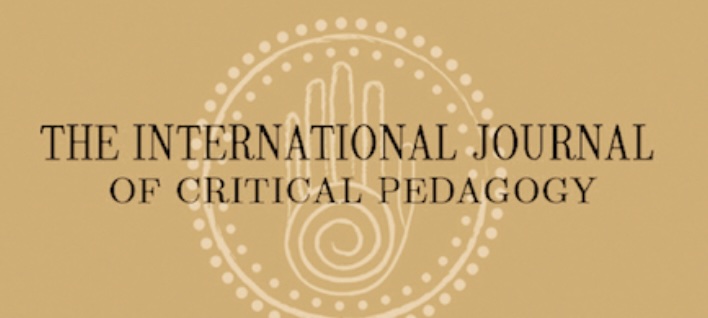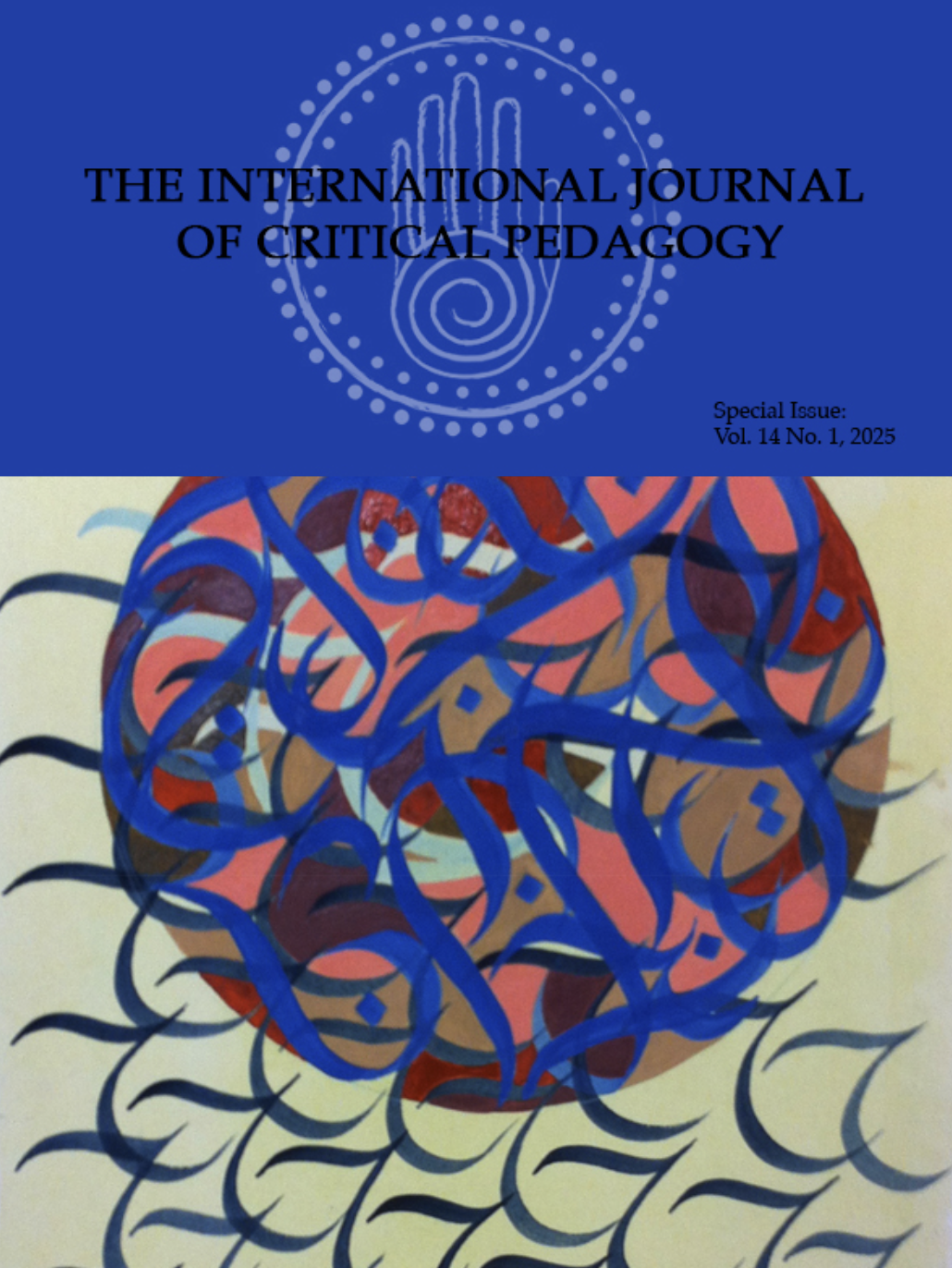Abstract
This article explores the critical reflections of a doctoral candidate and her advisor on the design and implementation of the candidate’s study, how space was created for such scholarship, and the challenges and catalysts for successfully navigating and shifting trenchant epistemological and methodological positions. Adopting an autoethnographic stance, we examine our navigation of the conceptual, structural and interpersonal tensions of doing critical research in a mainstream institution. The results highlight our experiences in a) re-conceptualizing the purpose of research by moving beyond doing “hit-and-run” research to research as praxis in marginalized communities, b) re-conceptualizing data gathering and analysis as justice-oriented rather than as “methodolatry” and c) understanding reflexively the tensions caused in the final stages of the dissertation as the novice advisor privileged a product-orientation over a person-orientation in her mentoring stance. This study underscores the importance of ensuring that humanizing pedagogy is employed consistently and unambiguously through the doctoral advising process.
Keywords: doctoral advising, justice-oriented research, critical doctoral research, critical reflection, critical pedagogy/advising
Keywords: justice-oriented research, critical doctoral research, critical reflection, doctoral advising, critical pedagogy/advising
How to Cite:
Waldon, K. & Schoorman, D., (2020) “Creating Spaces for Justice-Oriented Research: Critical Reflections of a Researcher/Teacher and Her Advisor”, International Journal of Critical Pedagogy 11(1).
Downloads:
Download PDF
View PDF

